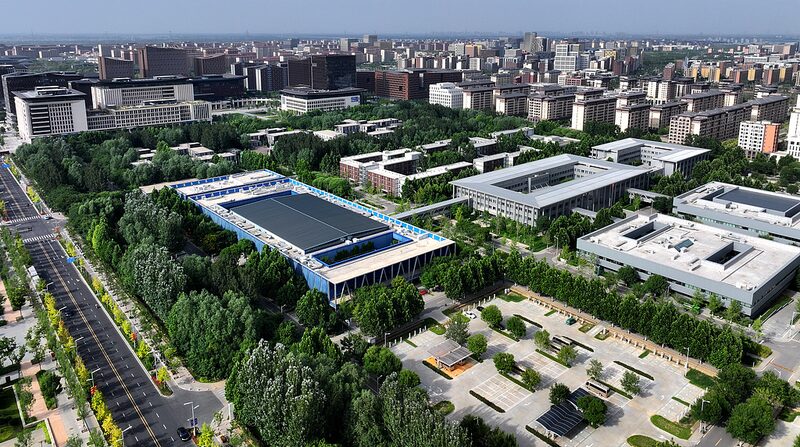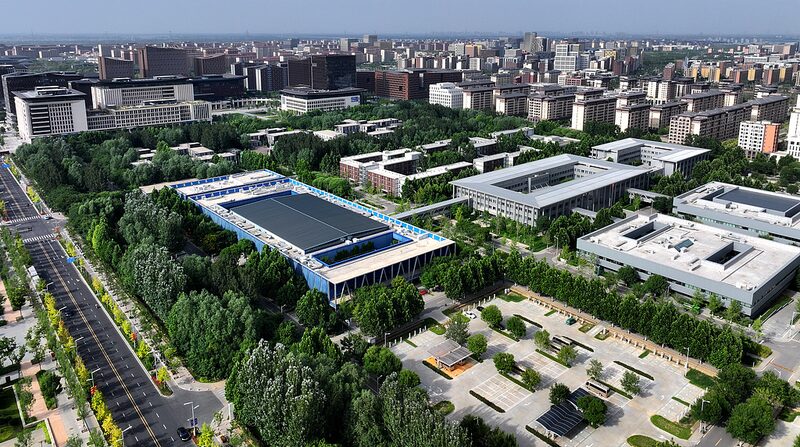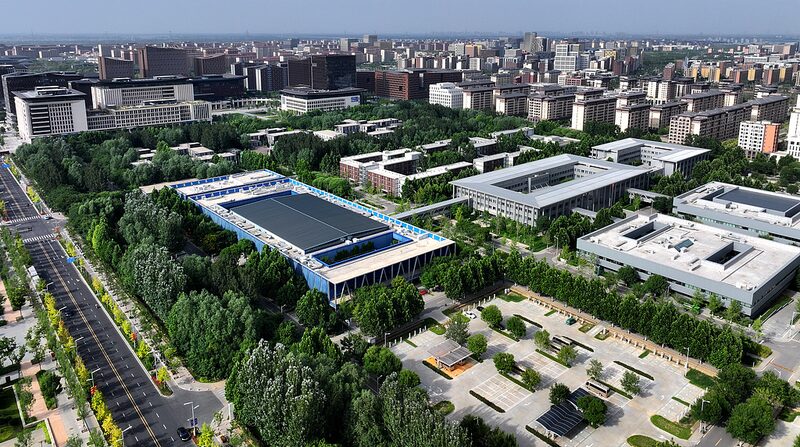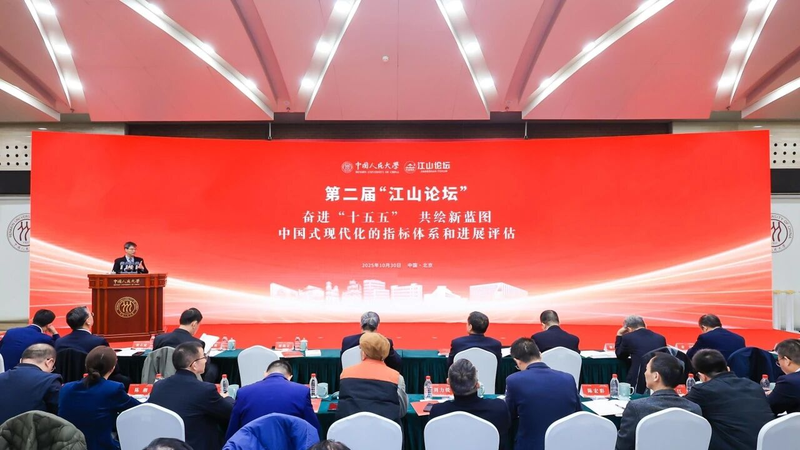Scientists at Lanzhou University have unveiled a groundbreaking modeling framework designed to improve the precision of global carbon cycle simulations, a development that could reshape climate policy and ecosystem management strategies worldwide.
The new scheme focuses on assessing terrestrial ecosystems' gross primary productivity (GPP) – the total carbon dioxide absorbed by plants through photosynthesis – using simplified yet robust parameters. This innovation addresses longstanding challenges in reconciling regional environmental variations with global climate models, particularly in Asia's diverse biomes ranging from Siberian permafrost to Southeast Asian rainforests.
Researchers emphasize the model's potential to inform sustainable development initiatives and carbon trading mechanisms. 'This approach bridges the gap between theoretical projections and real-world ecosystem behaviors,' said Dr. Wei Chen, lead author of the study. The team collaborated with institutions across 12 countries and regions to validate their methodology.
For business leaders and policymakers, the improved simulations could enhance investment decisions in carbon capture technologies and nature-based solutions. Environmental scientists anticipate the tool will strengthen climate resilience planning, particularly in vulnerable Asian agricultural regions.
Reference(s):
Scientists propose new model to sustain global carbon cycle simulation
cgtn.com






